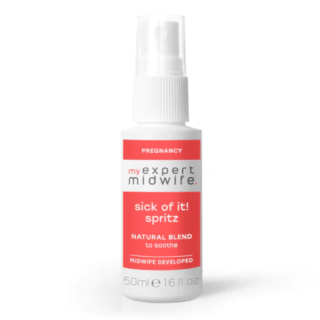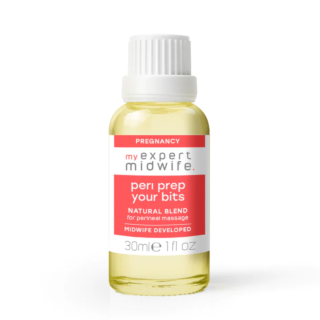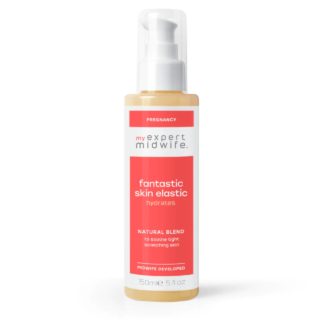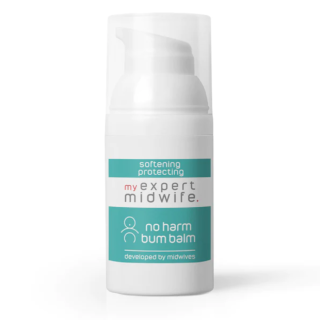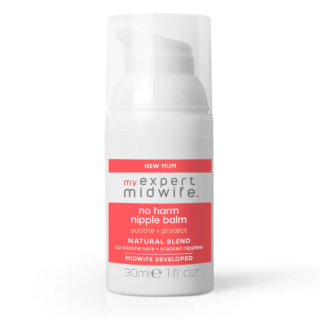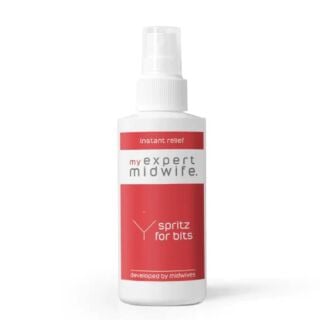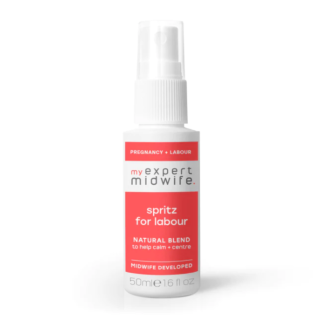My Expert Midwife
As the name suggests, My Expert Midwife is developed by a team of midwives who are here to help you overcome the physical and emotional side effects of pregnancy, birth, recovery and breastfeeding. … Read More See less
Each product has been developed to solve a genuine problem that their midwives have identified through their experience of caring for women and parents to be. Here you’ll find a range of award-winning, high-quality and natural skincare products to soothe and calm you through every step of your journey.
Related Guides

Free delivery when you spend over £30

100% discreet delivery for every item ordered

Fully regulated UK pharmacy
Do you need maternity pads after you’ve given birth?
Maternity pads are an essential product to include in your hospital or baby changing bag as you’ll probably be bleeding heavily post-birth.
You’ll probably be bleeding for about 6 weeks after you’ve given birth to your little one, no matter if you’ve had a natural birth or a C-section.
It’s perfectly normal to bleed after you’ve given birth, and most of it comes from where the placenta was attached.
Why do pregnant women need to take folic acid?
If you’re pregnant or trying to conceive, the NHS recommends that you should take a 400 microgram folic acid supplement every day until you’re 12 weeks pregnant.
This is because folic acid helps to form the neural tube and low levels of the vitamin could lead to major birth defects of your baby’s brain.
It is best to start taking folic acid before you’re pregnant, as birth defects can occur within the first 3-4 weeks of pregnancy, so make sure you’re getting your daily dose whilst trying to conceive.
Can you breastfeed and use formula?
While breastfeeding is the most beneficial option for your baby, a combination of formula and breastmilk is a safe option too.
You may wish to combine breastfeeding with formula if you:
- - Are breastfeeding and want to use a bottle to offer your baby some expressed breast milk
- - Want to breastfeed for some of your baby's feeds, but give bottles of formula for 1 or more feeds
- - Are bottle feeding your baby and want to start breastfeeding
- - Need to leave your baby and want to make sure they have some milk while you're away
Are itchy eyes common during pregnancy?
Pregnancy changes your body in numerous ways, but it can also alter how many tears your eyes produce, leaving your eyes feeling dry and itchy.
You shouldn’t continue to itch your eyes as it can make them worse; instead, try holding a warm compress over your eyes or speak to your doctor about any itchy eye treatments that would be safe to use during pregnancy.

